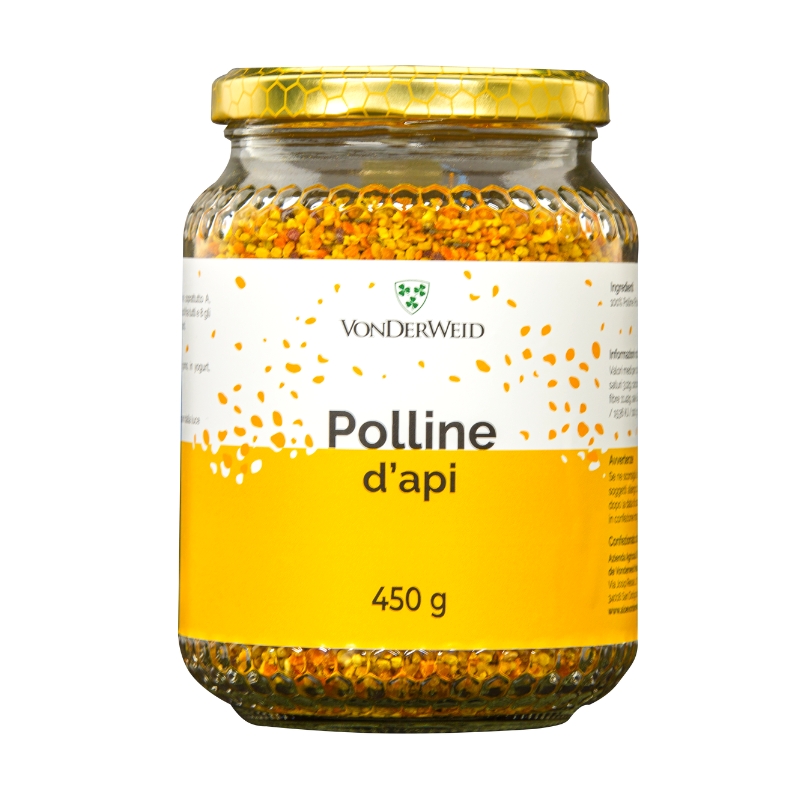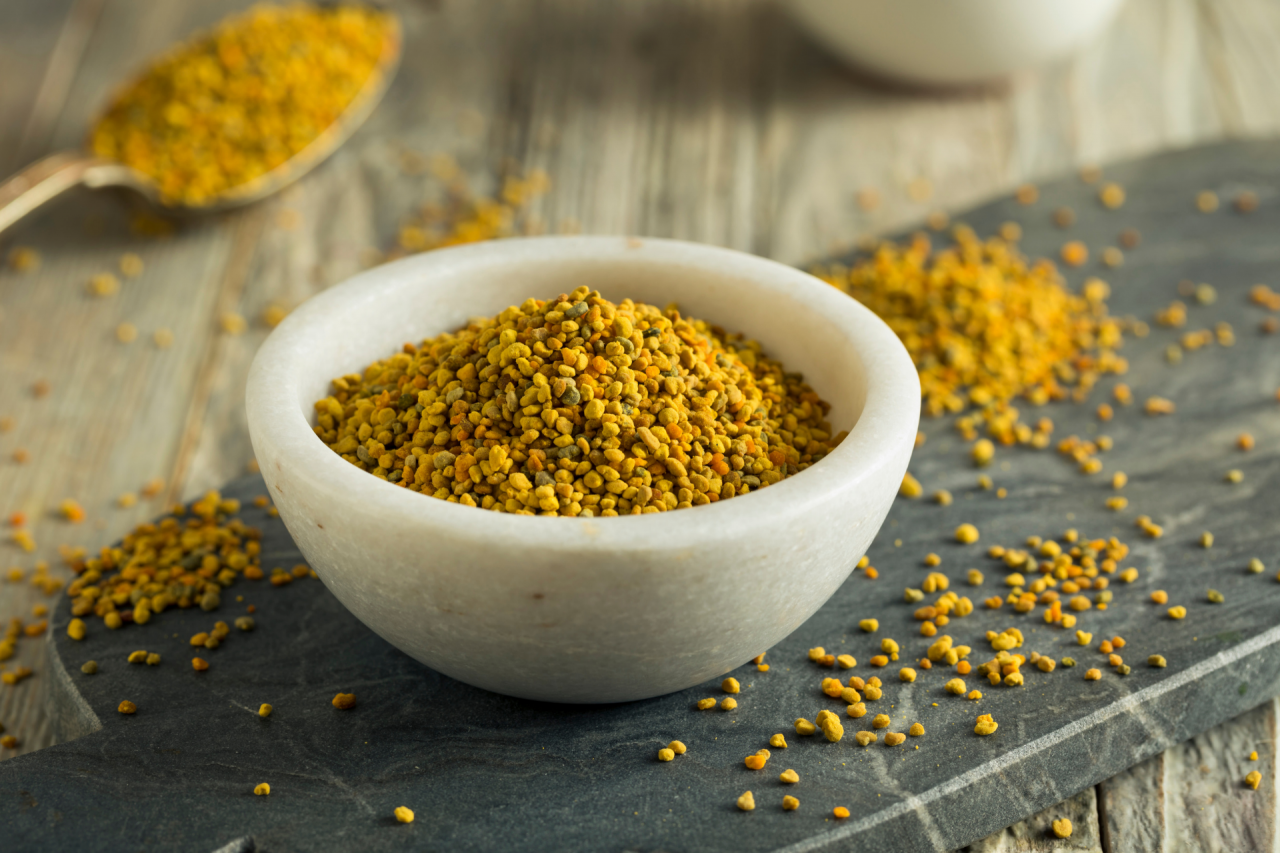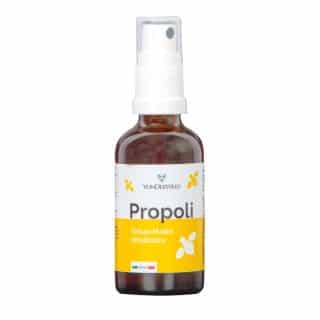Description
- Pollen is a fine, sticky dust that forms the fertilizing matter of flowers. Every single pollen grain contains all the elements necessary for life: proteins, vitamins, amino acids, fats, carbohydrates, enzymes, mineral salts and hormones, present in different proportions based on the flower from which they originate.
- Fasting is the most suitable time to consume pollen, which can be taken, for example, before breakfast or between meals. It can be consumed alone, accompanied by a hot drink, together with yogurt or with a teaspoon of honey.













Reviews
There are no reviews yet.